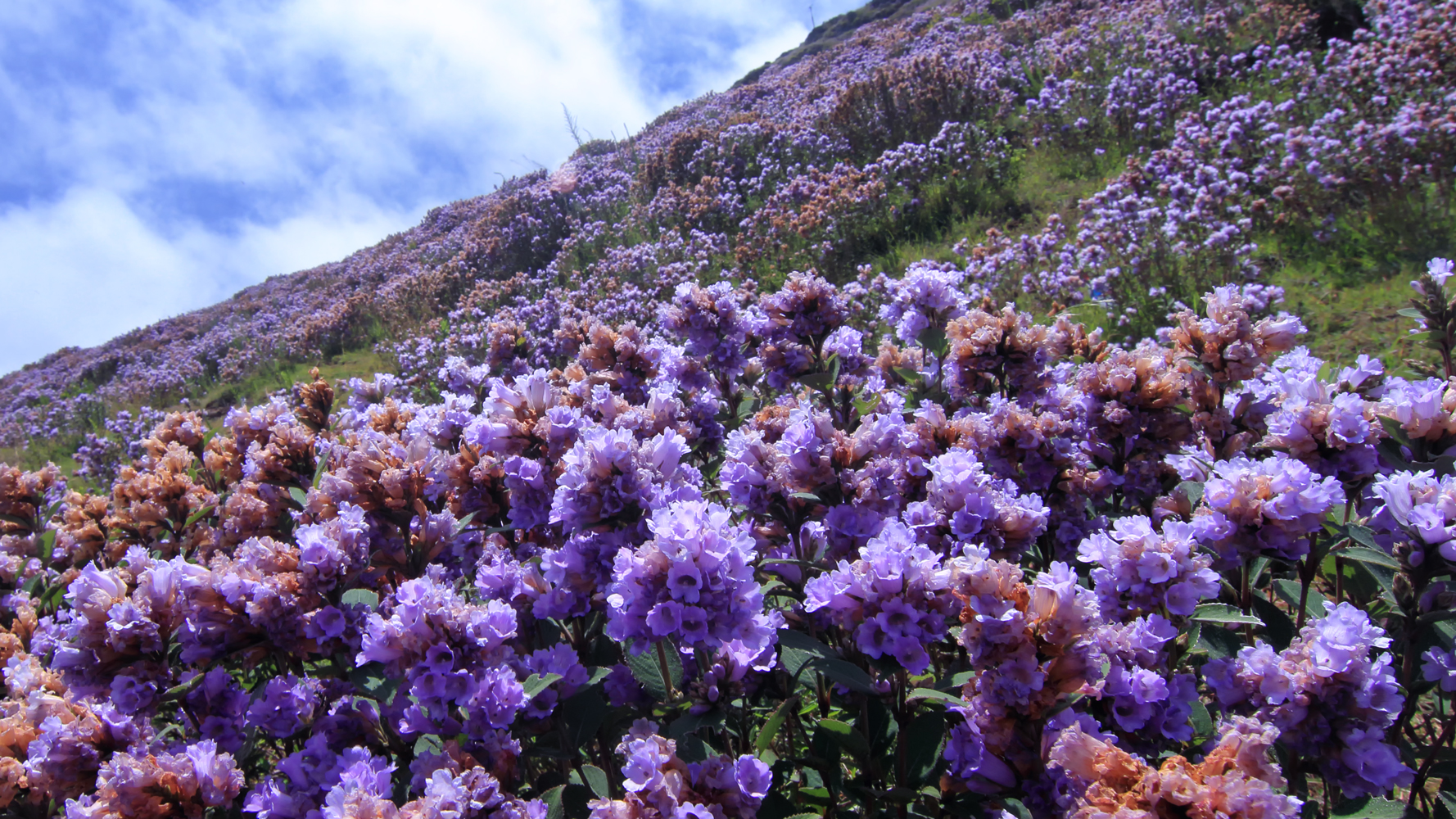Highest tea plantation in world, nestled amidst Nilgiri mountains

Perched at an extraordinary altitude of 7,130 feet above sea level, Kolukkumalai Tea Estate represents a remarkable testament to colonial agricultural innovation and natural beauty. The estate's origins trace back to the early 20th century when British planters identified the unique ecological potential of these windswept highlands, transforming rugged terrain into a thriving tea cultivation landscape.
The journey of establishing this tea plantation was nothing short of extraordinary. British resident John Daniel Munro initially leased 50 acres from the Travancore Kingdom, gradually expanding the plantation under challenging geographical conditions. The construction of the tea factory in 1935 was a monumental achievement, with materials and machinery laboriously transported up treacherous mountain paths, often carried by hand or using ponies.
Traditional tea production methods remain the hallmark of Kolukkumalai, with processes unchanged since the 1940s. Each tea leaf is meticulously hand-picked, then processed using vintage machinery that has witnessed decades of agricultural heritage. The wooden two-story factory stands as a living museum of colonial-era tea production, preserving techniques that modern industrial processes have long abandoned.
The estate's geographical location offers more than just agricultural significance. Surrounded by the breathtaking Nilgiri mountains, it provides stunning panoramic views that attract nature enthusiasts and photographers. The unique microclimate—characterized by low temperatures and pristine air—contributes directly to the exceptional quality of tea produced here, creating a flavor profile distinctly different from other tea-growing regions.
Cultural intersections are deeply embedded in the estate's history. British colonial enterprise merged with local labor practices, creating a complex socio-economic landscape that reflects the broader narrative of Indian agricultural development during the colonial period. The laborers who worked these challenging terrains brought their own traditions, creating a rich multicultural environment within the plantation.
The natural environment surrounding Kolukkumalai is equally fascinating. The region experiences the rare blooming of Neelakurinji flowers, which carpet the landscape in vibrant purple once every twelve years—a natural phenomenon of immense cultural significance to local communities. This cyclical event symbolizes the deep connection between human cultivation and natural rhythms.
Tourism has emerged as a significant aspect of the estate's contemporary identity. Visitors can explore the traditional tea factory, understand intricate tea production processes, and trek through stunning mountain landscapes. The estate offers a unique opportunity to experience a living piece of agricultural and colonial history, where every tea leaf tells a story of human perseverance and ecological adaptation.
Beyond its agricultural and historical significance, Kolukkumalai represents a delicate balance between preservation and progress. It stands as a testament to sustainable agricultural practices, traditional craftsmanship, and the enduring legacy of human interaction with challenging yet beautiful landscapes. The estate continues to produce exceptional tea while maintaining its historical integrity, serving as a bridge between past traditions and contemporary global appreciation.
INR 1300 for Jeep Transport
INR 1300 for Jeep Transport
Enhance your journey with these nearby attractions that offer similar cultural experiences

Idukki, Kerala
Pristine National Park Showcasing Kerala's Remarkable Biodiversity

Idukki, Kerala
Mysterious forest where legends of lost travelers come alive

Idukki, Kerala
Pristine Wildlife Sanctuary with Prehistoric Rock Art in Kerala

Palakkad, Kerala
Pristine Tiger Reserve Protecting Biodiversity in Western Ghats